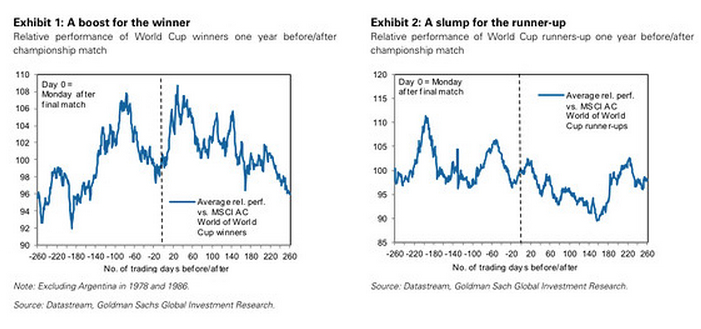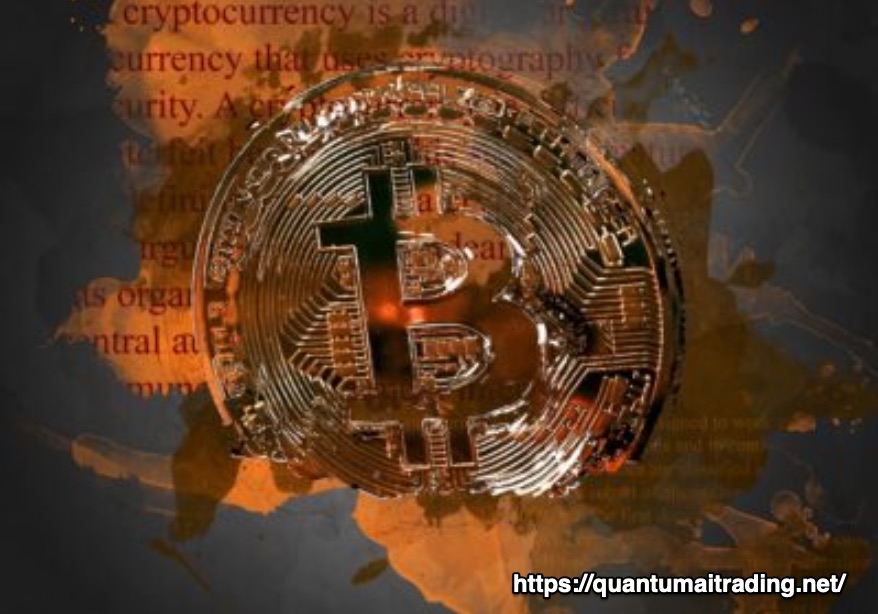Divide & Conquer
June 11, 2014
What Golf in China Shows About Economic Development
June 13, 2014“Amongst all unimportant subjects, football is by far the most
important.”
Pope John Paul II (1920-2005)
European Central Bank researchers have hypothesized that World Cup Soccer distracts stock market participants. Using data on trading activity during the 2010 games from 15 International stock markets, they concluded that trading volume and prices were impacted.
Specifically…
- There was a 45% drop in trading volume during game times that rose to 55% when a national team was playing.
- Goals further eroded the number of quotes and trades by 5%.
- A trading response started just before a game and continued for as long as 45 minutes after that game.
- Prices on national markets atypically deviated from global trends during match time.
In addition, according to Goldman Sachs’s World Cup economics study, victors get a stock market sentiment bounce. Looking back to 1974, every winning team’s home market–except for Brazil in 2002–outperformed global markets by an average of 3.5%. Then though, within 12 weeks, the glow substantially dims and within a year, a winning team’s home stock market underperforms.
You can see below the victors’ boost and runners-up slump in stock market activity:
Our bottom line: Focusing on attention shifts and sentiment, behavioral economics can provide insight about human stock market activity during the World Cup. After all, economist John Maynard Keynes reputedly said that, “Successful investing is anticipating the anticipations of others.” However, with milli-second trades, the diminution of the role of a specialist and countless other complexities transforming the traditional Wall Street world, I am somewhat skeptical about the games’ actual impact.
Many of the games today seem to be scheduled after markets around the world have closed but the US/Germany match is at 12 noon NYC time (1 PM in Recife, Brazil). Let’s keep an eye on market activity. Please do share what you observe in a comment.
![econlifelogotrademarkedwebsitelogo[1]](/wp-content/uploads/2024/05/econlifelogotrademarkedwebsitelogo1.png#100878)






4 Comments
[…] to Econ Life, https://econlife.com/the-three-ways-that-world-cup-soccer-affects-stock-markets/ there is a huge correlation between the times the soccer games are played to a reduction of trading […]
Thanks for your interest.
It’s funny you write this. Last summer during the soccer matches the afternoon trading was much slower than usual. Many of the traders left early to go watch the games!
Thanks! Appreciate firsthand confirmation. So interesting.